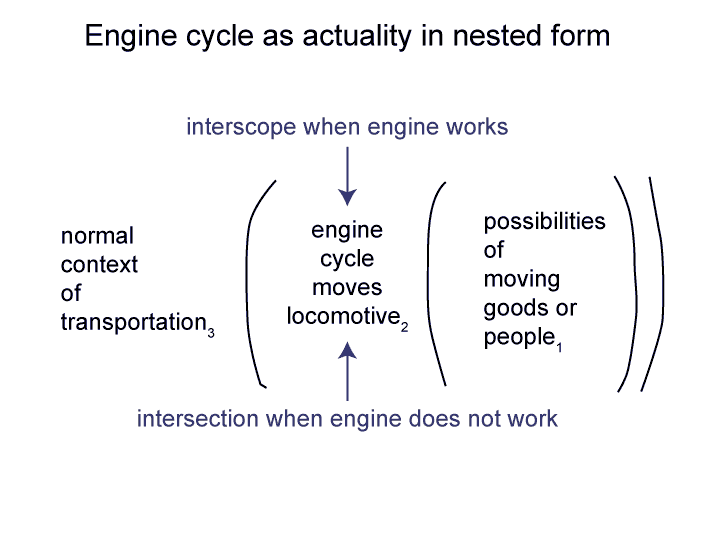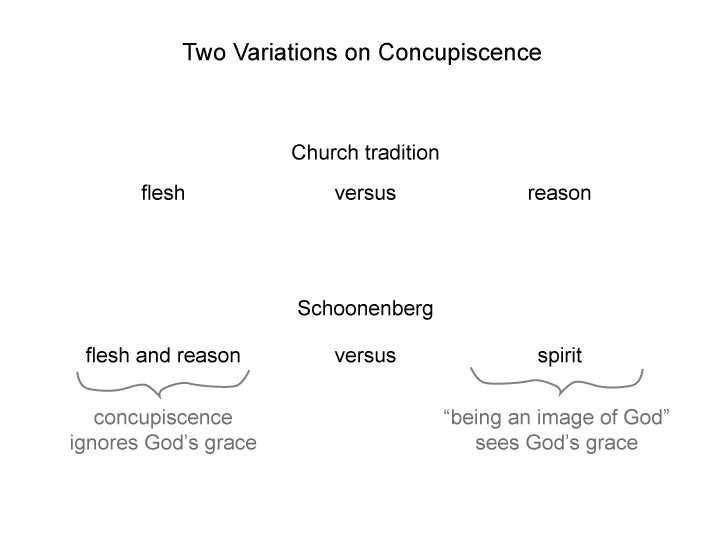Man and Sin by Piet Schoonenberg (1964) 2.3 CM
Summary of text [comment] page 82
[Does Schoonenberg’s speculation cohere with Augustine’s concept of original sin?
An Archaeology of the Fall describes one consistency.
Eve, like the rest of us, heard what she wanted to hear.
What did she want to hear?
The serpent talked as if it were a projection of Eve’s unconscious mind.
Does the difference between flesh (passion) and reason capture the serpent’s words?
Or is ‘flesh and reason’ opposed to ‘the spirit of God’s command’?
To me, the latter option prevails.
First, it seems that the latter difference matches the serpent itself. ‘Flesh (presence) and reason (meaning)’ reflect the message underlying ‘the image of a talking serpent’.
Second, consider way the serpent seduced Eve. It started with sensuality and ended with reason.]


